Standard Deduction u/s Section 16 of Income Tax Act, 1961
Section 16 of Income Tax Act, 1961 provides deduction from income chargeable to tax under the head ‘salaries’. It provides deductions for the standard deduction, entertainment allowance, and professional tax. Through this deduction, a salaried taxpayer can lower his/ her taxable salary income chargeable to tax.
Moreover, with the recent amendments to the standard deduction, the benefit of this section is extended to a higher amount. Further, there is no hassle of providing bills for travel and medical making it quite easy to claim.
In this article, we will cover each of the deductions under section 16 along with the illustrations on calculation.
Standard Deduction From Salary u/s 16 (ia)
Standard deduction is allowed under section 16ia of Income Tax Act. The standard deduction replaced transport allowance of Rs 19200 and medical reimbursement of Rs 15000. In the budget – 2018 our Finance Minister Jaitley introduced it. The budget – 2018 provided for a standard deduction of Rs 40,000 in place of transport allowance and medical reimbursement. This deduction of Rs 40,000 does not require a taxpayer to submit any bill or proof of the expenditure. It provides for a flat deduction of Rs 40,000. Later in the Interim Budget 2019, the deduction amount of Rs 40,000 was increased to Rs 50,000. Hence the deduction for FY 2018-19 was Rs 40,000 and from FY 2019-20 the deduction will be Rs 50,000.
In the Budget 2020, the standard deduction was removed for tax payers who opted for the New Regime. However, in Budget 2023, the deduction of INR 50,000 was re-introduced under the new tax regime.
The standard deduction is also available to pensioners. A clarification was issued by the CBDT clarifying the applicability of standard deduction on pensioners. The pension received by a taxpayer from his/ her former employer will be chargeable to tax under the head of ‘salaries’. Since the pension received is taxed under the head of ‘salaries’, the deduction will also be available to pensioners under section 16.
The amount of deduction available under section 16 for standard deduction is Salary received or Rs 50000
Whichever is lower
Remember that standard deduction is not related to deduction u/s 80C or any other section of Chapter VIA.
How Standard Deduction is Calculated
| Particulars | Old Regime | New Regime (before Budget 2023) | New Regime (after Budget 2023) |
| Basic Salary + Dearness Allowance | ₹8,00,000 | ₹8,00,000 | ₹8,00,000 |
| Other Taxable Allowance | ₹1,00,000 | ₹1,00,000 | ₹1,00,000 |
| Gross Salary | ₹9,00,000 | ₹9,00,000 | ₹9,00,000 |
| Standard Deduction | ₹50,000 | ₹0 | ₹50,000 |
| Total Income | ₹8,50,000 | ₹9,00,000 | ₹8,50,000 |
| Other Deductions | ₹2,00,000 | ₹0 | ₹0 |
| Income Chargeable to Tax | ₹6,50,000 | ₹9,00,000 | ₹8,50,000 |
| Income Tax | ₹44,200 | ₹62,400 | ₹41,600 |
Entertainment Allowance u/s 16 (ii)
The entertainment allowance is first included in the salary income and then a deduction is provided based on a few criteria. The allowance must be an allowance specifically granted by an employer to the taxpayer as an entertainment allowance.
Entertainment Allowance for a Government Employee
For employees of the central government and state government, the deduction available is the least of the following:
- 20% of basic salary
- Rs 5000
- Amount granted as entertainment allowance in the financial year
To determine the allowance, a taxpayer must ensure the following particulars are met:
- Salary must not include any other allowance, benefit from employer or perquisite received. Basically, the salary must be the gross amount received without considering any other benefit.
- Never consider the actual amount spent out of the entertainment allowance received from the employer.
Entertainment Allowance for a Non Government Employee
The deduction against entertainment allowance is not available to non government employees. Only the Central or State Government employees are eligible for the deduction. Moreover, the employees of local authorities and statutory corporations are not eligible for the deduction.
Standard deduction against Entertainment Allowance Calculation
| Particulars | Amount |
| Salary (Excluding other allowances, benefits, and perquisites) | 120000 |
| Entertainment Allowance Received Per Month | 1000 |
| Entertainment Allowance for the entire financial year | 12000 |
| Amount of deduction available: | |
| 20% of salary (a) | 24000 |
| Rs 5000 (b) | 5000 |
| Actual Amount Received (c) | 12000 |
| The amount allowed as a deduction (least of a, b and c) | 5000 |
Explore our article on Section 43B
Professional Tax or Tax on Employment u/s 16 (iii)
The deduction is allowed for tax on employment under section 16iii of income tax act. The amount a taxpayer pays on account of a tax on employment or professional tax is allowed as a deduction under section 16. Here the tax on employment is provided in the (2) of Article 276 of the Constitution.
You must keep the below-mentioned points in mind while calculating the deductions against professional tax:
- The taxpayer must claim the deduction only in the financial year in which the professional tax is actually paid to the government
- The tax paid by the employer on behalf of the employee is also eligible for deduction. Here, the amount paid by the employer as the professional tax will be first included as a prerequisite in the total salary. Later the equal amount will be allowed as a deduction under section 16
- Under Section 16 of the Income Tax Act there is no upper or lower limit on the deduction. The deduction solely depends on the actual amount of professional tax. However, any state government cannot levy more than rs 2500 annually as a professional tax. Only the tax paid is eligible for deduction and not the interest or late fee for delay or non payment of professional tax.
Check Out Salary Slip
Frequently Asked Questions
No, you cannot claim a deduction for entertainment allowance. The deduction is available only to central or state government employees.
Earlier, to claim a deduction you had to submit medical and travel bills. These bills were then reviewed by your employer and deduction was allowed. However, to claim a standard deduction you need not submit any bills. You will receive the deduction by default without any conditions of submitting bills.
No, it is mandatory to provide for standard deduction while calculating tax payable, deducting TDS, and filing an income tax return
A taxpayer can either file ITR through ‘Download Utility’ mode or ‘Prepare and Submit Online’ mode. In case of Prepare and Submit Online mode, the details will be pre-filled, you must check the details and then file. In the case of ‘Download Utility’ mode, you need to enter the details and then submit the ITR.
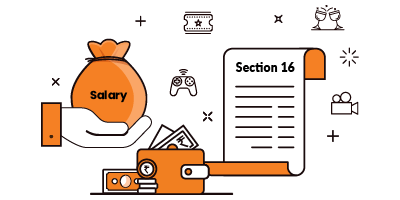











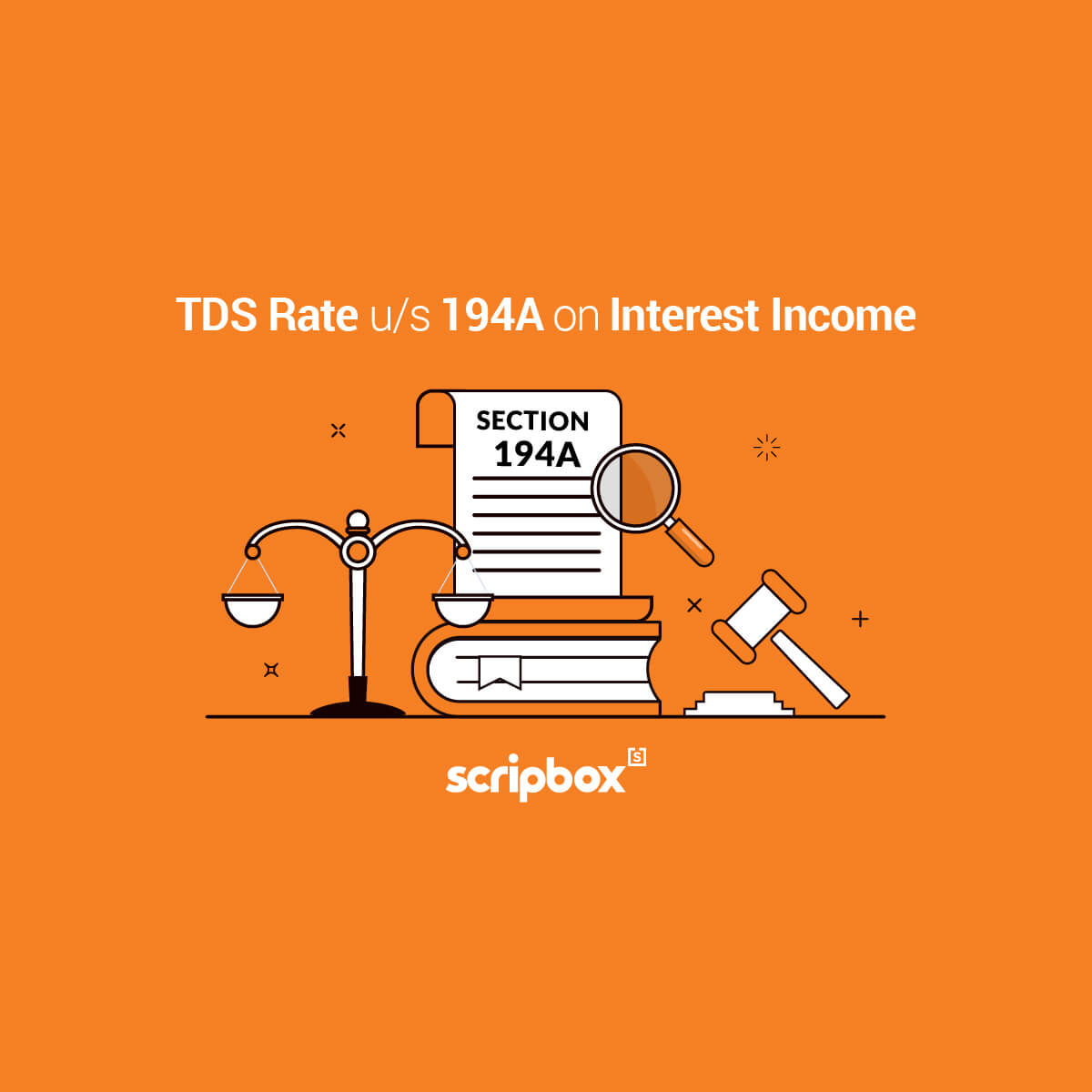
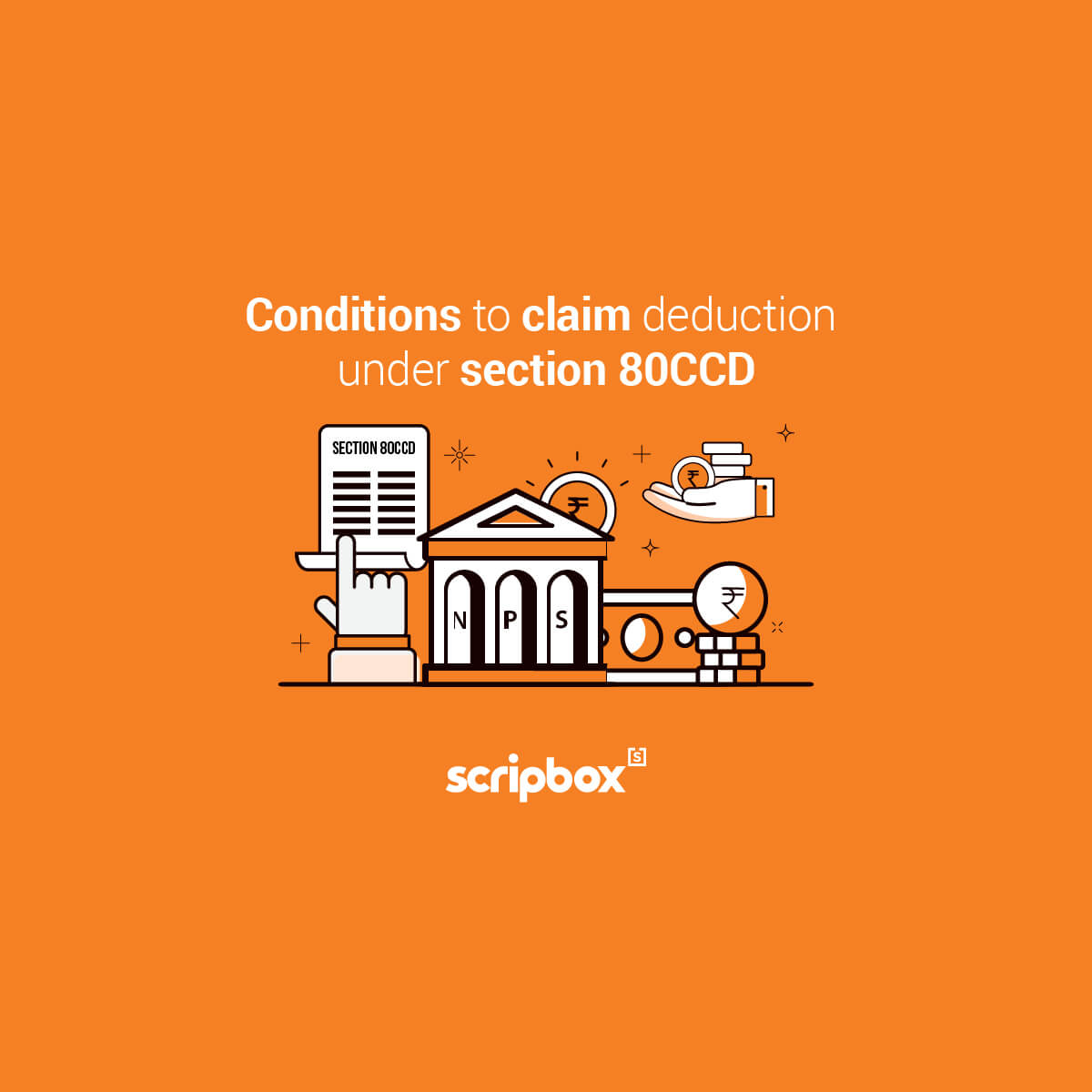

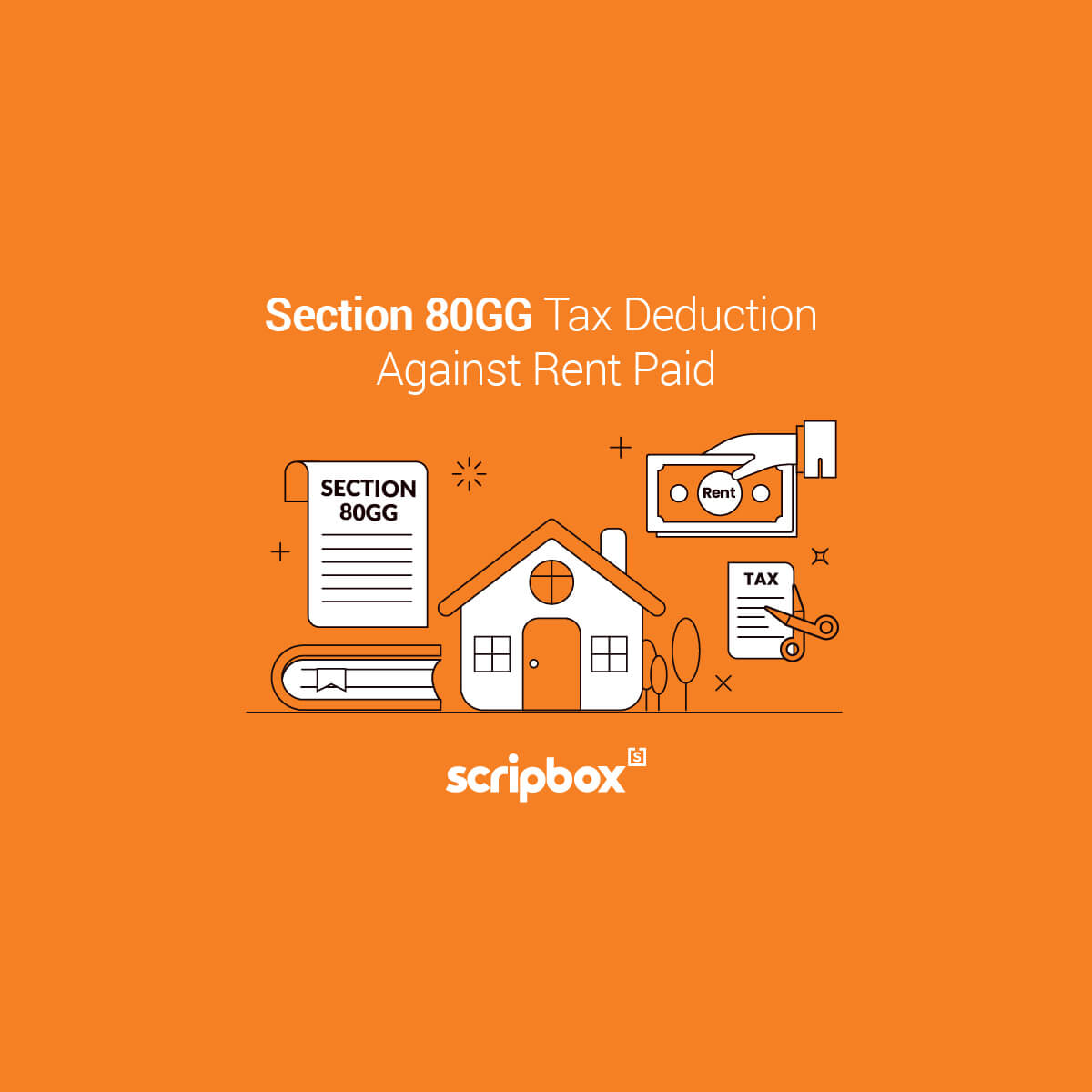
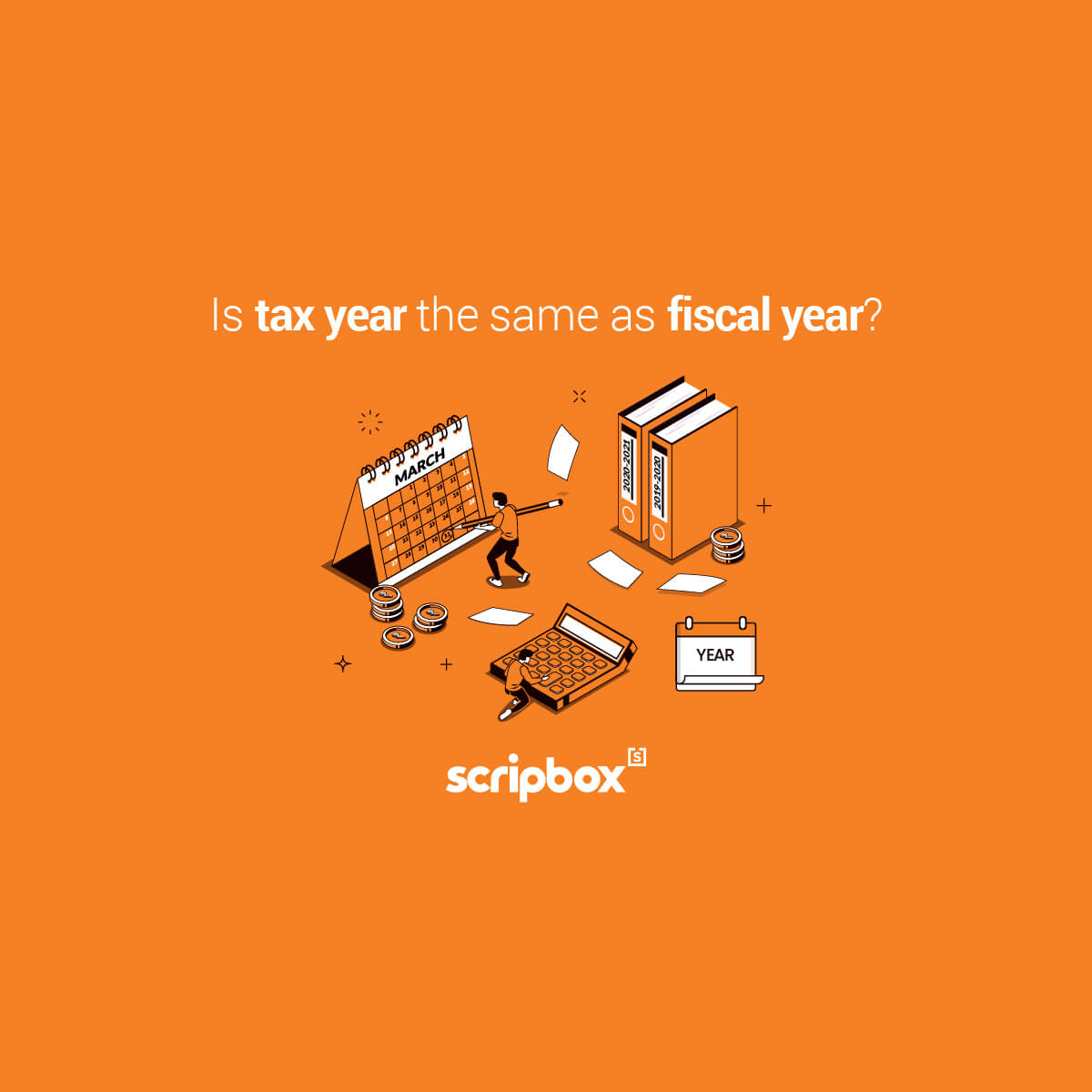
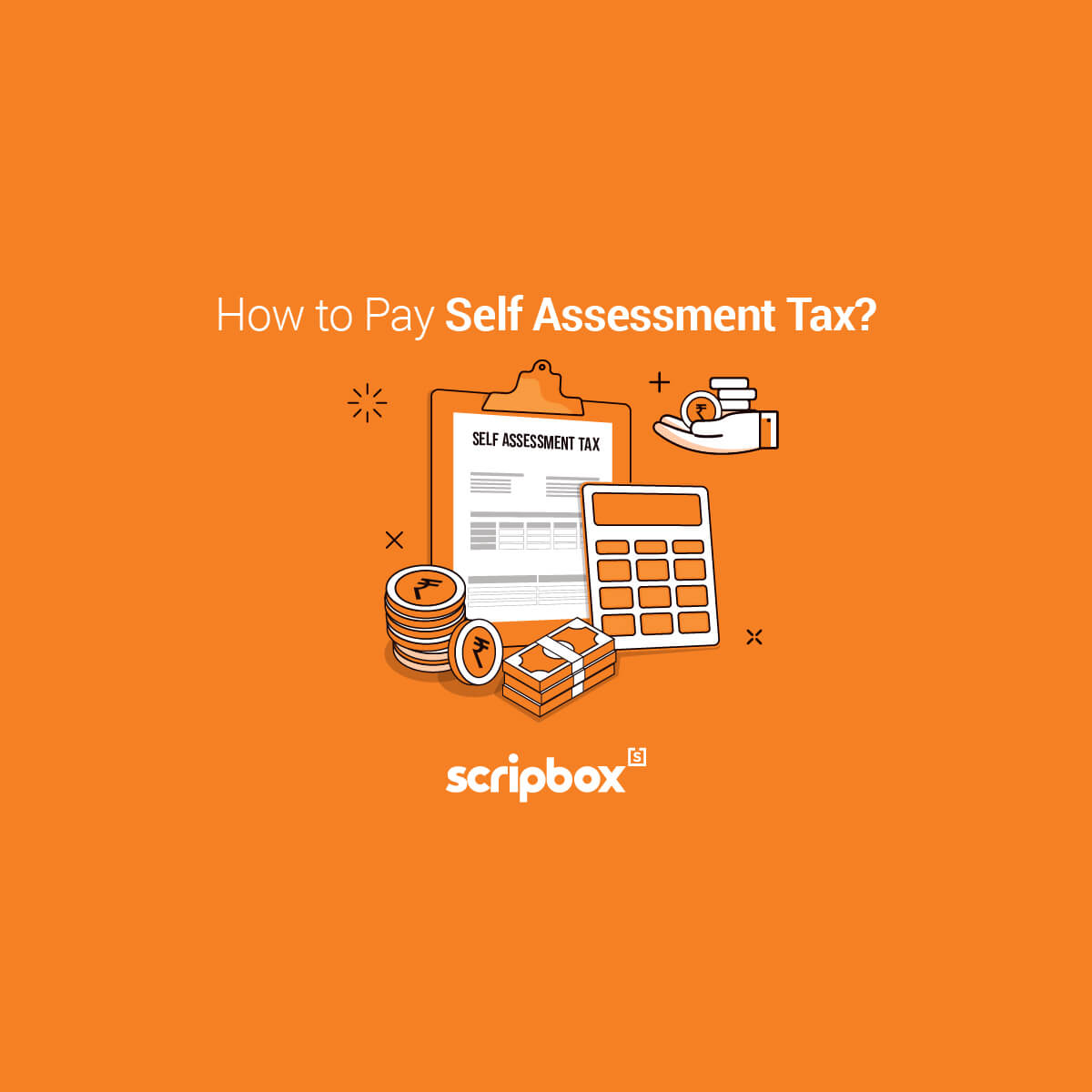
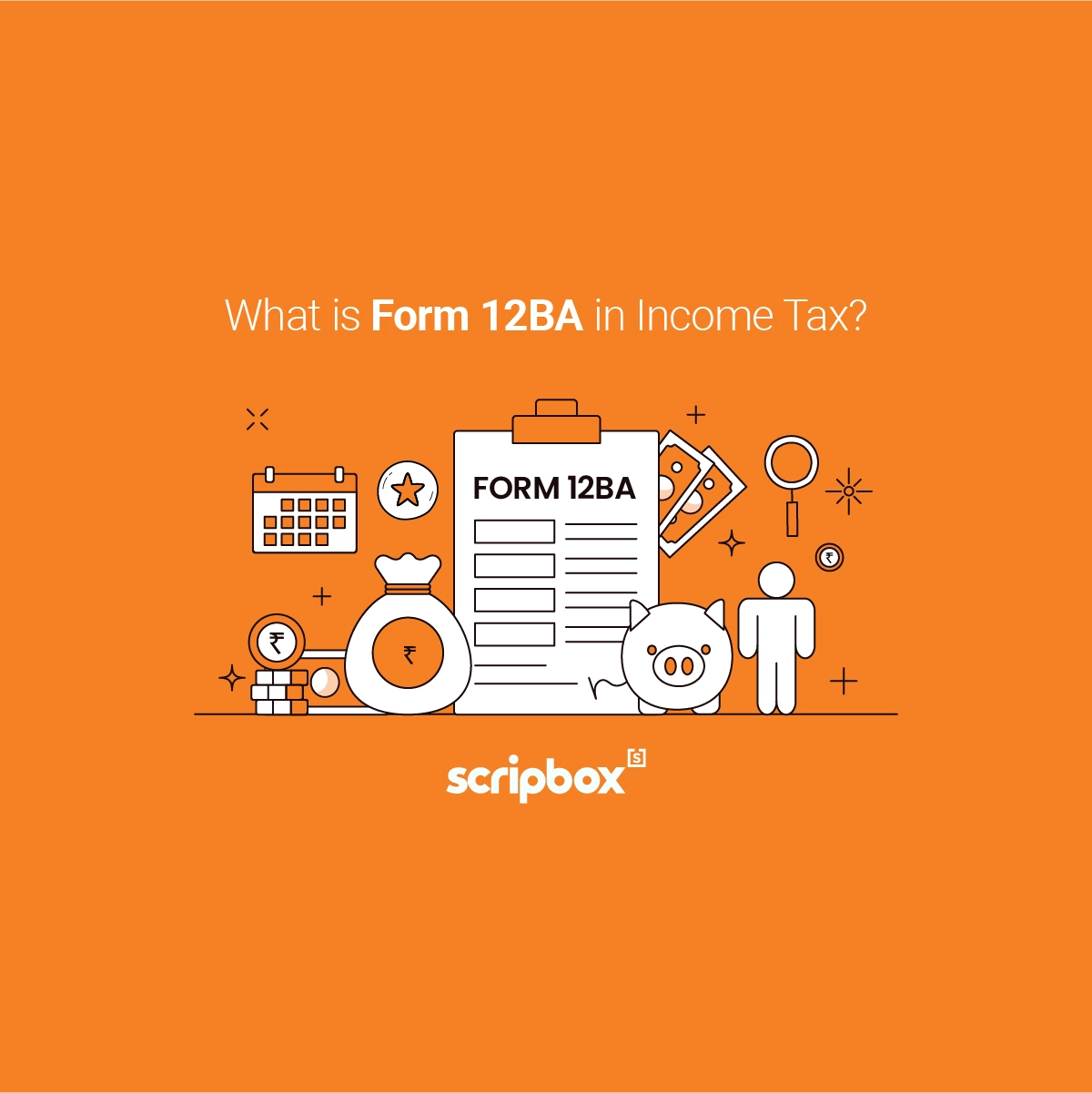
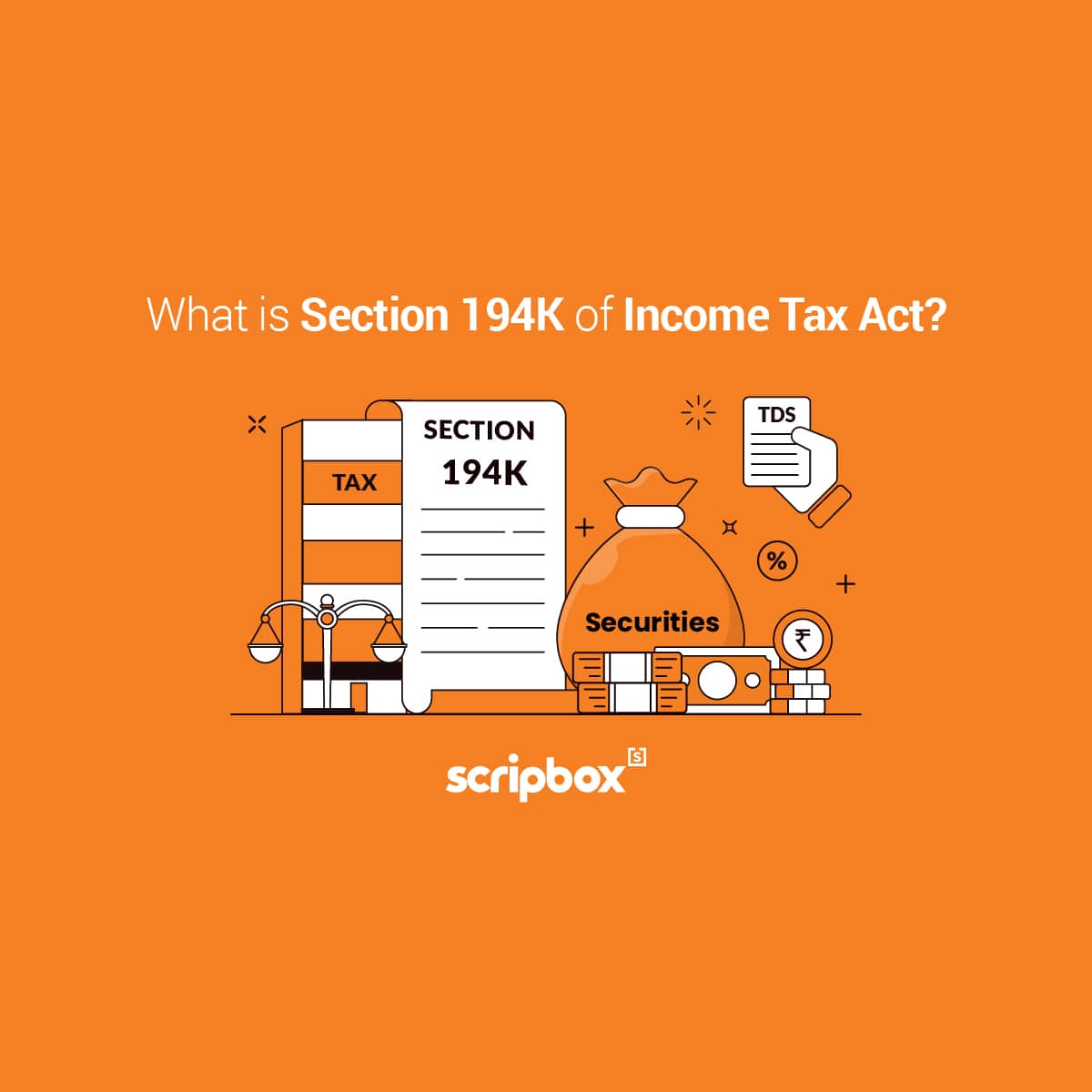
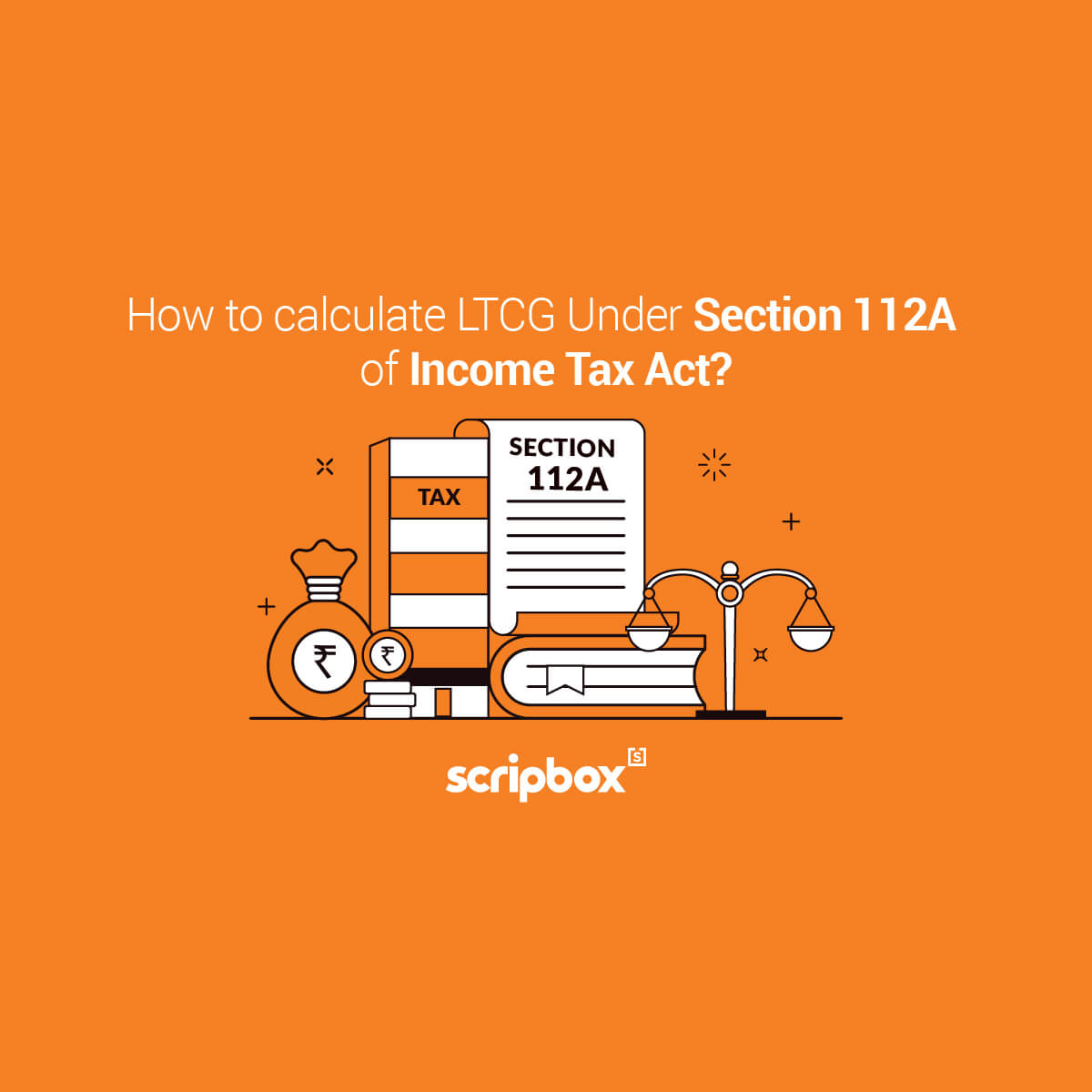
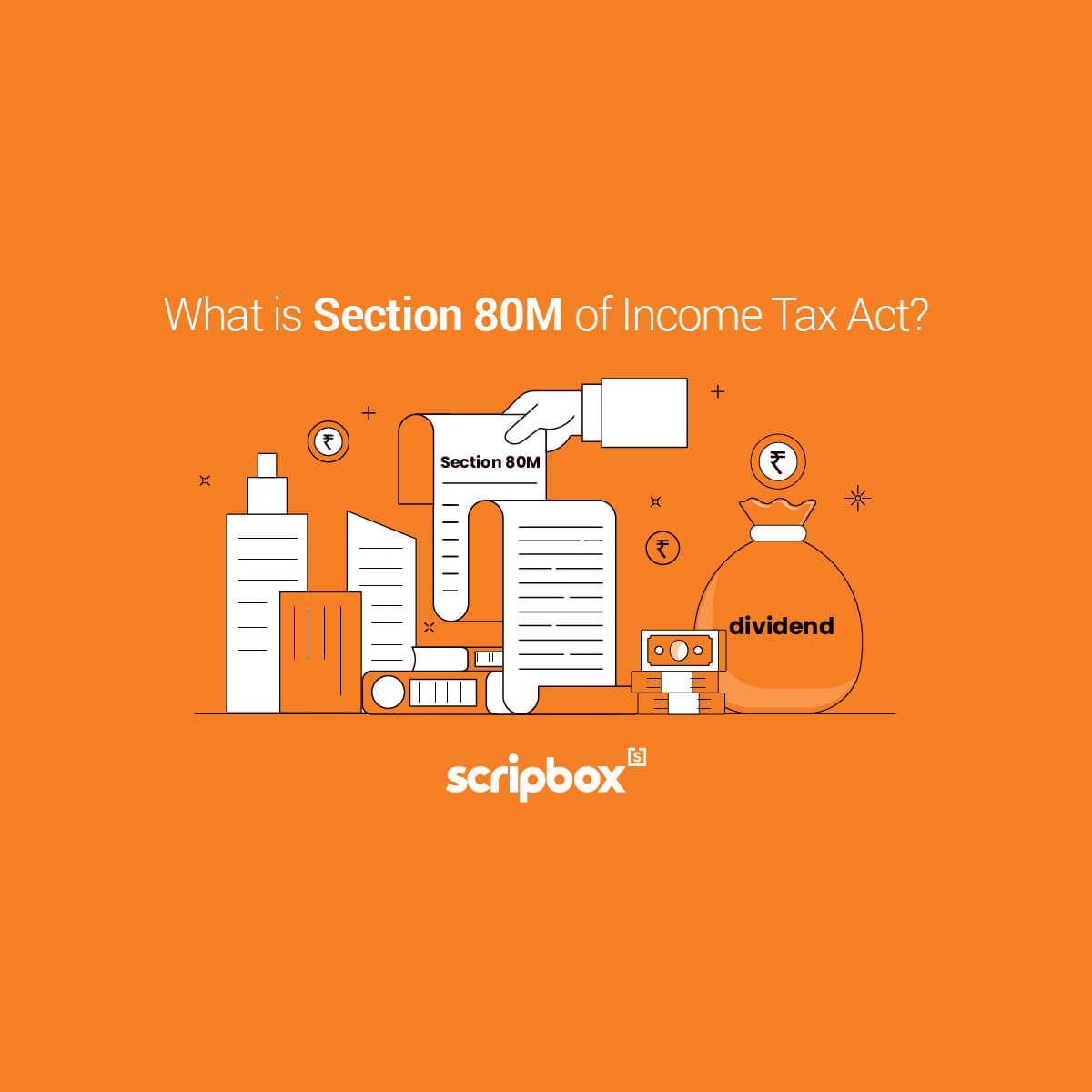
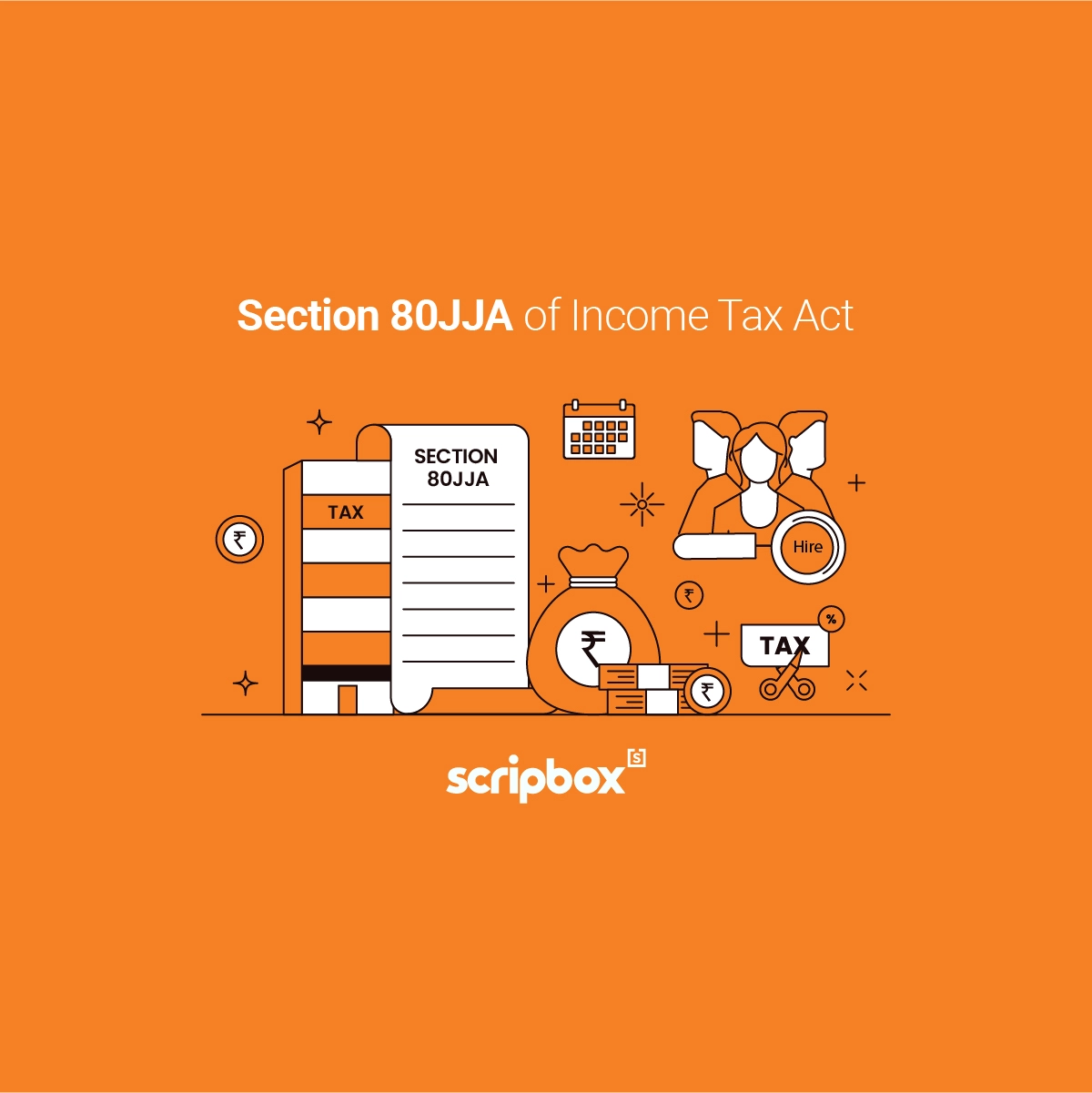
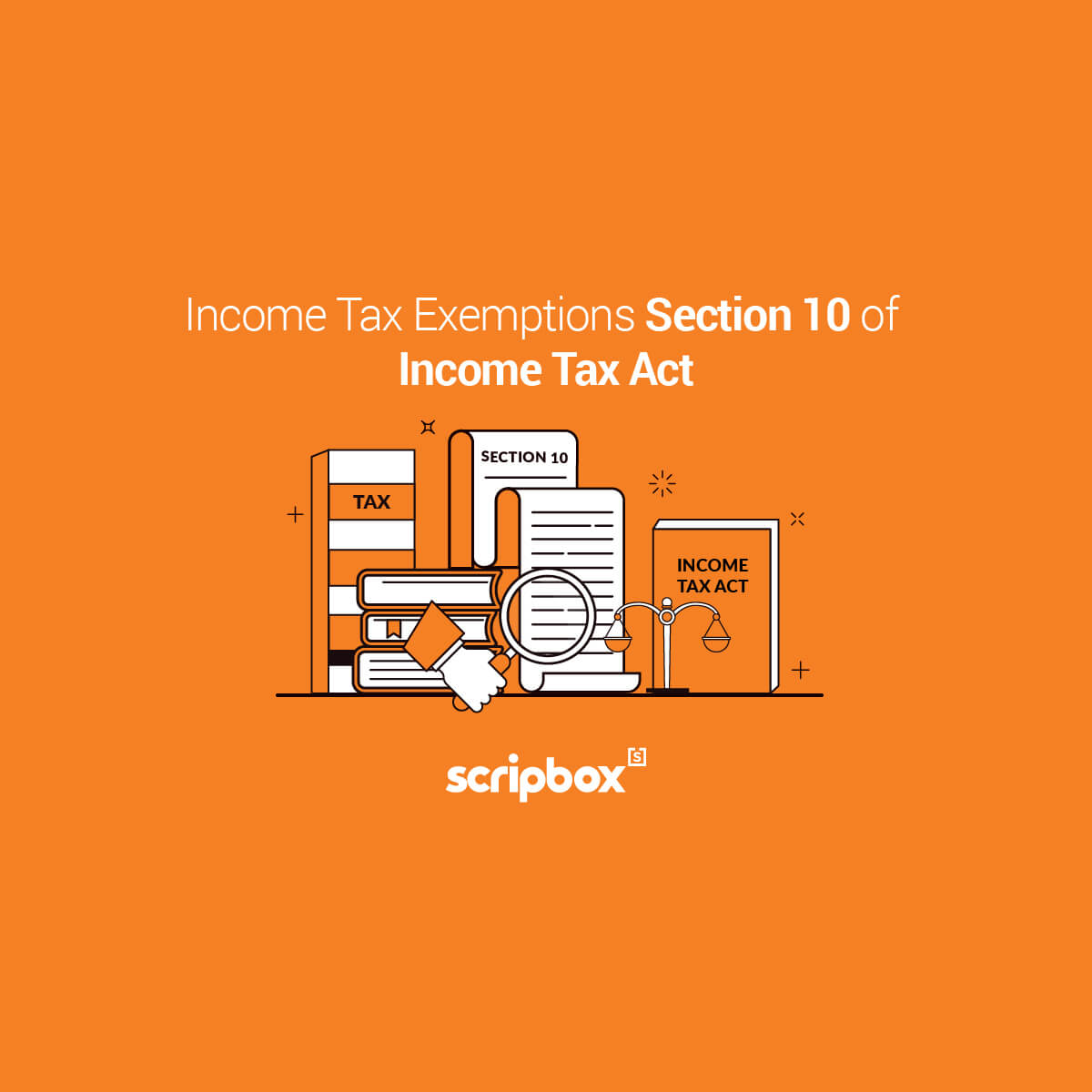





Show comments